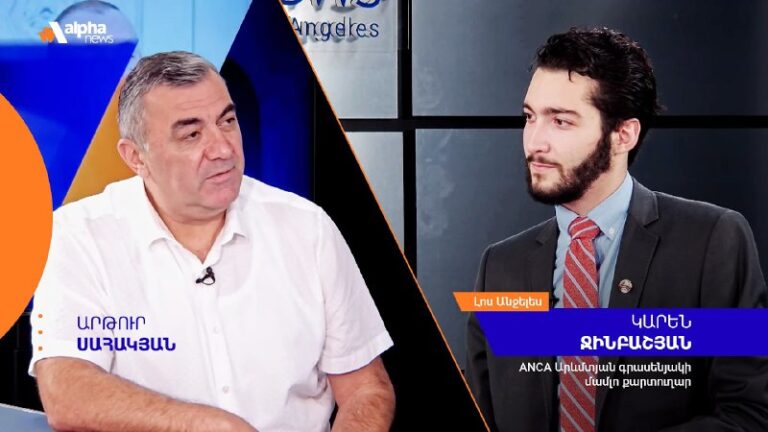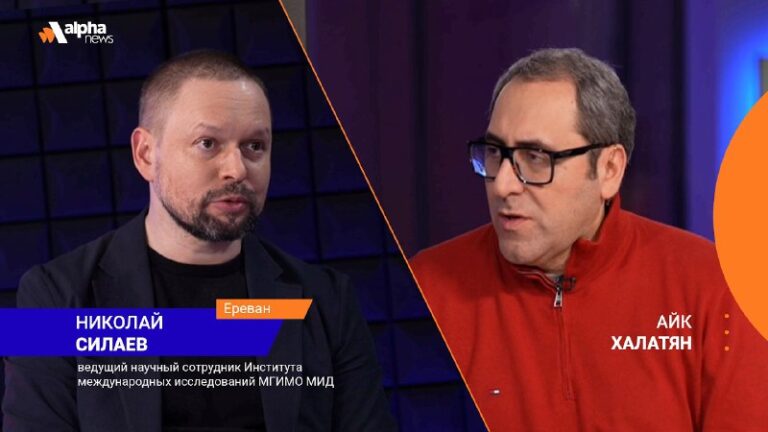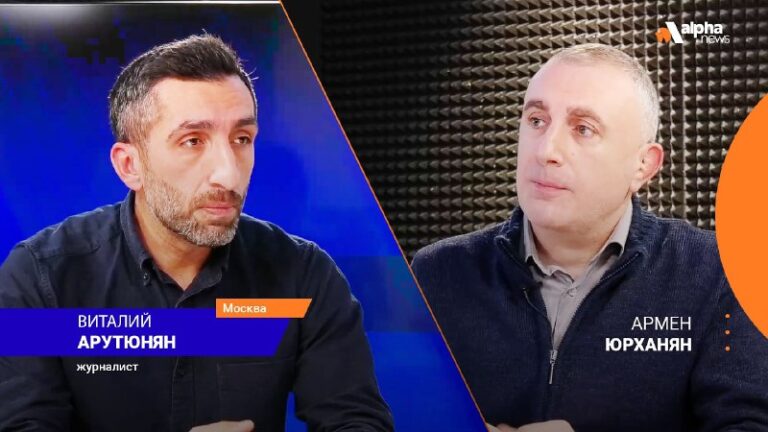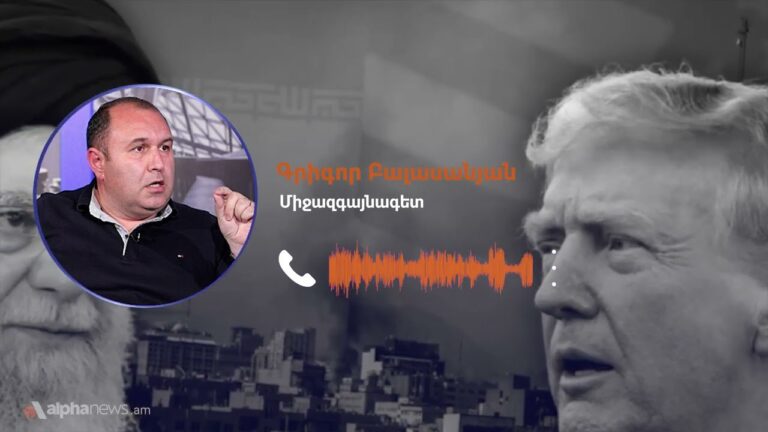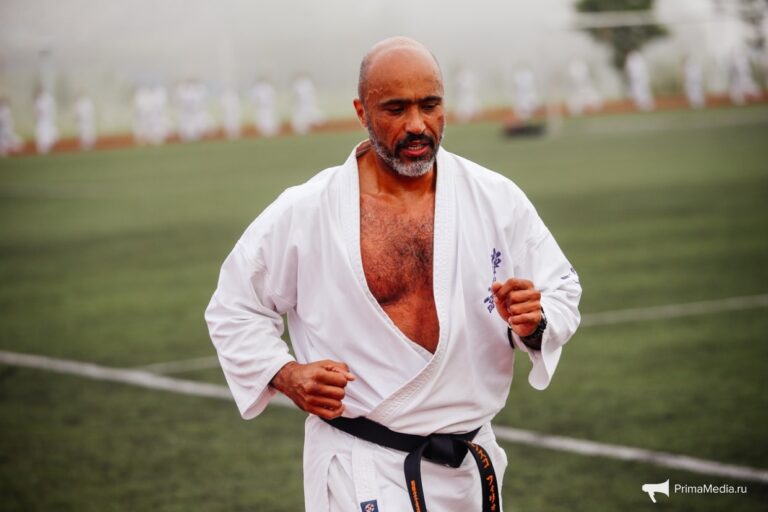Do Pashinyan and Aliyev recognize Artsakh?
April 08 2025, 19:00
Radio Liberty has been, and continues to be, the most important information partner of Prime Minister Nikol Pashinyan. It helped Pashinyan in 2018, according to photos circulated online, and during the 44-day war, information policy issues were resolved on the balcony of Radio Liberty. Recently, this media outlet prepared a report based on the “secret documents” of the US State Department on the negotiations on the Karabakh issue. They summarized the essence of these negotiations, claiming that “Azerbaijan was promised a road through Armenia back in 301.” Following this report, Yerevan and Baku declared that Armenia and Azerbaijan had agreed on all 17 points of the “peace agreement” between the two countries. This time, Radio Liberty helped Pashinyan announce the dissolution of the OSCE Minsk Group. If there is no Artsakh, there is no Karabakh problem, and therefore no need for the MG’s operation or existence. If there is no OSCE Minsk Group, Baku and Pashinyan consider that the Karabakh issue is closed and the Karabakh movement is concluded.
It is no coincidence the Armenian Foreign Ministry told this particular media outlet that after the decree on the forced displacement of Armenians from Nagorno-Karabakh and the dissolution of NK, the issue was removed from the agenda for normalizing interstate relations between Yerevan and Baku.
And now let’s analyze the essential side of the Foreign Ministry’s statement:
1. It is strange that Pashinyan, through the Armenian Foreign Ministry, speaks about the events of 2023 in isolation from their context and considers them a separate episode. In fact, Artsakh was dissolved in stages, receiving one blow after another: the war of 2020, the “Prague conspiracy of 2022,” when Pashinyan, with the political backing of French President Emmanuel Macron and European Council President Charles Michel, recognized Artsakh as part of Azerbaijan, and then in 2023 left it unprotected against Azerbaijan. The most significant blow, however, was dealt in Prague. After this, the rights of the people of Artsakh and the status of the Nagorno-Karabakh Republic were removed from the negotiation agenda. The logic is as follows: if you recognize Artsakh as part of Azerbaijan, and Baku has openly stated that it not only denies Artsakh’s statehood but also seeks its land without its people, then in Prague, Ilham Aliyev secured Pashinyan’s consent to handle Artsakh as Baku deems fit.
2. Regarding the decree signed on September 28, 2023, by Artsakh President Samvel Shahramanyan for the dissolution of the Nagorno-Karabakh Republic, a logical question arises for Pashinyan and Ilham Aliyev: if you do not recognize the Nagorno-Karabakh Republic and assert that “no one in the world recognized Artsakh’s subjectivity,” why do you both refer to a document issued by the president of a state you claim did not exist? How can you base decisions on a legal act adopted by an entity you do not recognize? If you do recognize it, then you must also acknowledge another decision by Shahramanyan, in which he nullified his decree of September 28. You must also agree that the document did not have the necessary political and legal basis, since the National Assembly of Artsakh did not ratify it. After all, recognizing the presidency means recognizing the parliament as well.
It is obvious that Pashinyan is going to dissolve the OSCE Minsk Group, and the Foreign Ministry’s statement is an important step in that direction. However, with the closure of this chapter on Artsakh, pressure on Armenia itself will only intensify. Baku’s objective is evident—it aims to create “Western Azerbaijan” in place of the Armenian state. Achieving this is impossible without forgetting Artsakh and abandoning the legacy of the Karabakh movement.
Yet, the movement is the cornerstone of Armenia’s existence. If Armenia desires to survive, and if its allies wish for Armenia to endure, the Karabakh movement must persevere until its goals are fulfilled.
Think about it…

